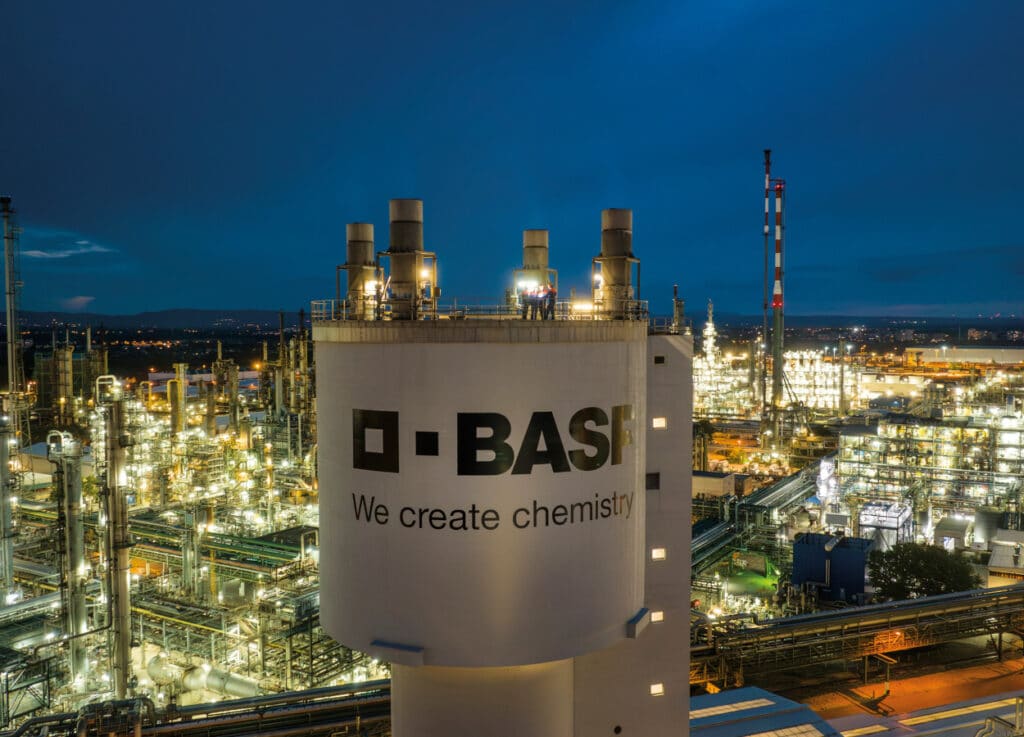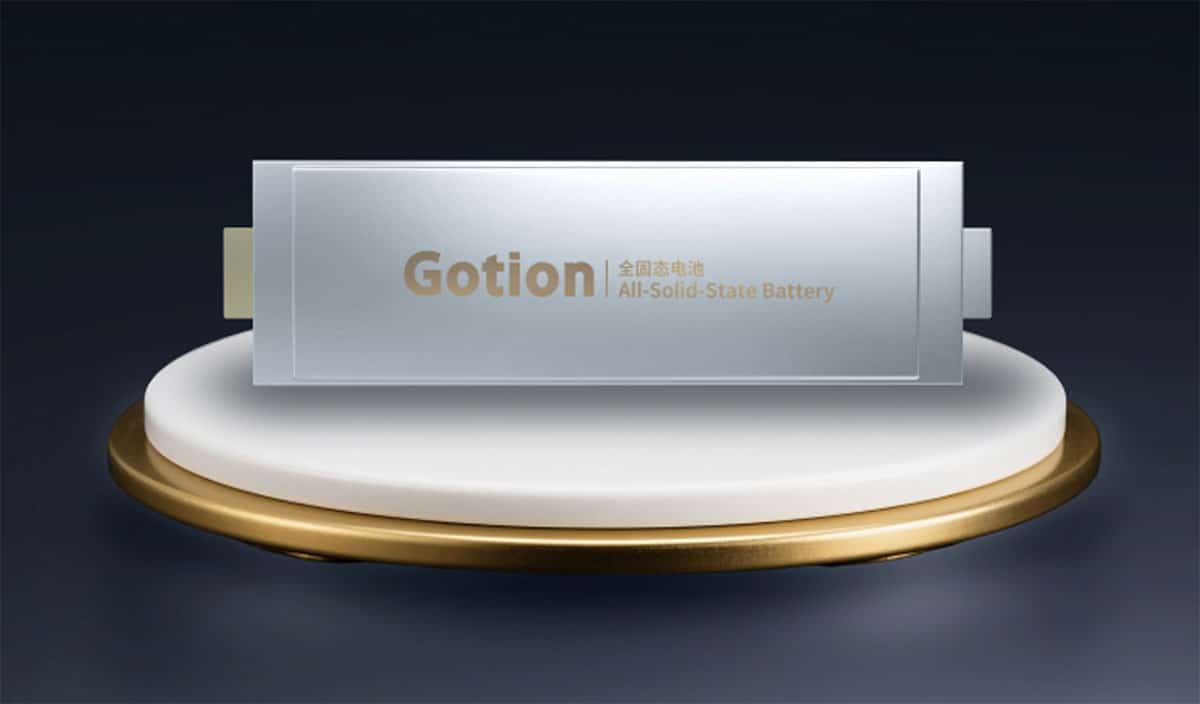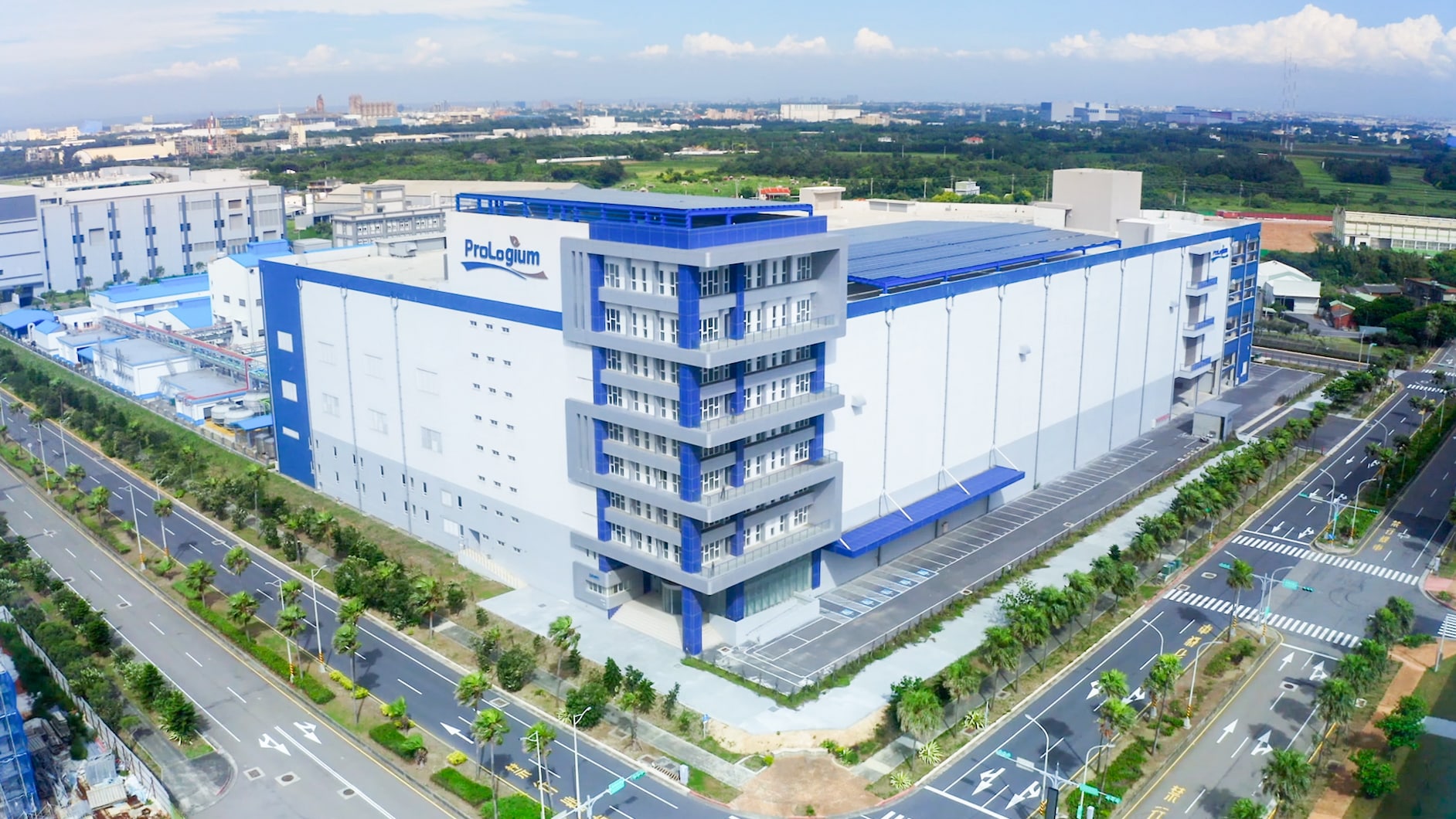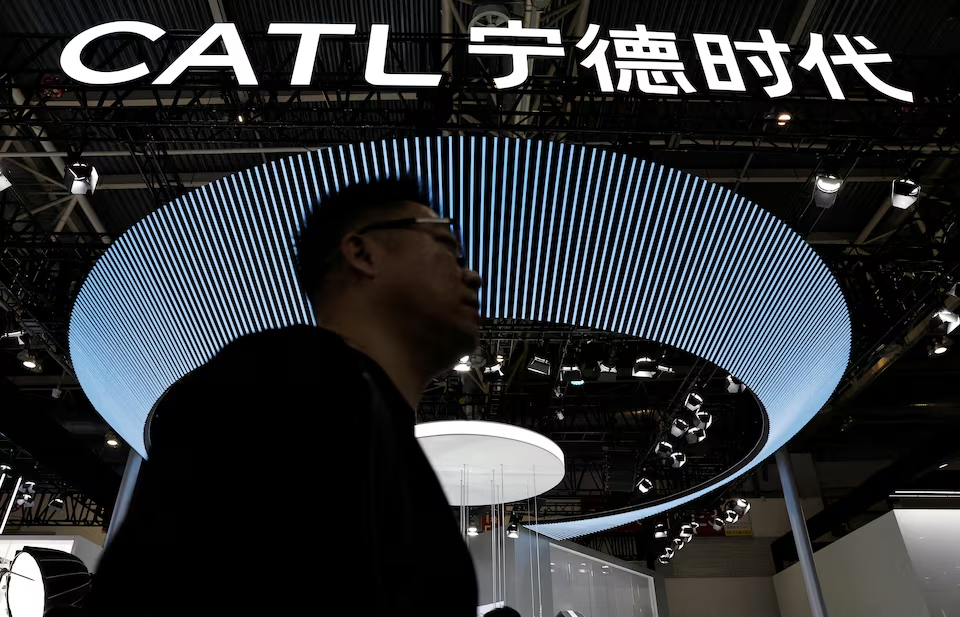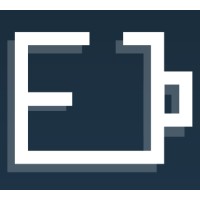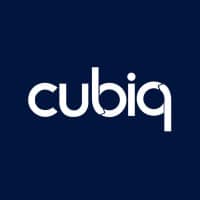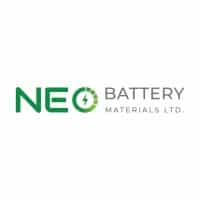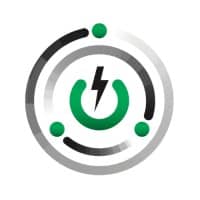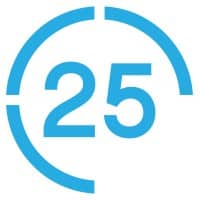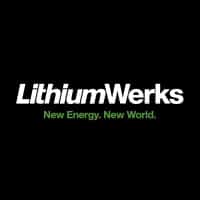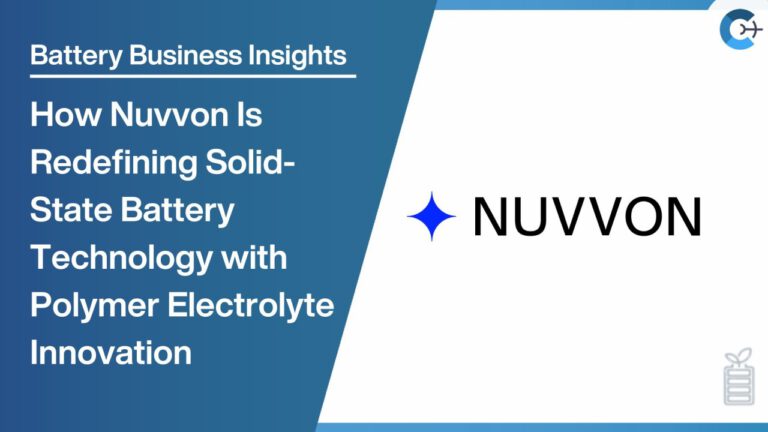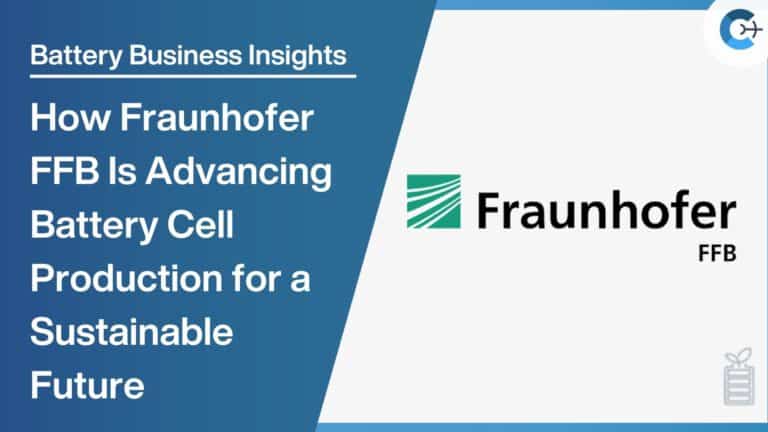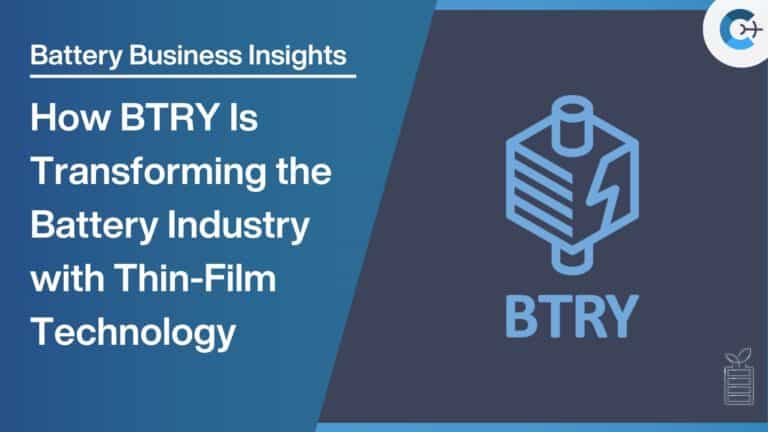BASF has expanded its manufacturing operations in the United States to include the production of Licity® anode binders, supporting the growth of the lithium-ion battery sector. This expansion allows BASF to offer its Licity portfolio globally, addressing concerns related to local raw material supply and ensuring global availability for battery manufacturers and original equipment manufacturers (OEMs).
The Licity portfolio enhances BASF’s existing styrene-butadiene rubber (SBR) manufacturing capabilities and builds on the company’s extensive technical expertise. Currently, BASF produces SBR binders for electric vehicle batteries at facilities in Jiangsu and Guangdong, China; Ludwigshafen, Germany; and Hamina, Finland. The addition of manufacturing sites in Monaca, Pennsylvania, and Chattanooga, Tennessee, marks a significant increase in BASF’s production capacity.
Anode binders play a crucial role in battery performance and stability. BASF’s water-based anode binders provide a sustainable option with high-quality and reliable performance. These innovative binders are designed to increase battery capacity, improve cycle stability, and reduce charging times. Additionally, Licity binders can be customized to meet specific requirements, such as different technical needs for pure graphite or silicon-containing anodes, and are suitable for various applications including electric vehicles, energy storage systems, and consumer electronics.
“This is an important step for the North American battery industry,” said Denise Hartmann, Senior Vice President of Dispersions & Resins Americas at BASF. “With the expansion of manufacturing capability for Licity anode binders in the United States, we are pleased to now support the growth of our customers in all regions of the world.”
BASF’s binders are engineered to address various challenges associated with lithium-ion batteries. They are waterborne with high colloidal stability, making them highly compatible with co-binders like carboxymethyl cellulose (CMC). The binders also exhibit excellent processability and superior coating performance, along with outstanding mechanical and electrochemical properties.
BASF is committed to providing North American customers with a comprehensive portfolio that aligns with the dynamic battery market. The company continues to focus on innovation and sustainability to support the evolving needs of the battery and electric vehicle industries.
Source: BASF
Recommended:

